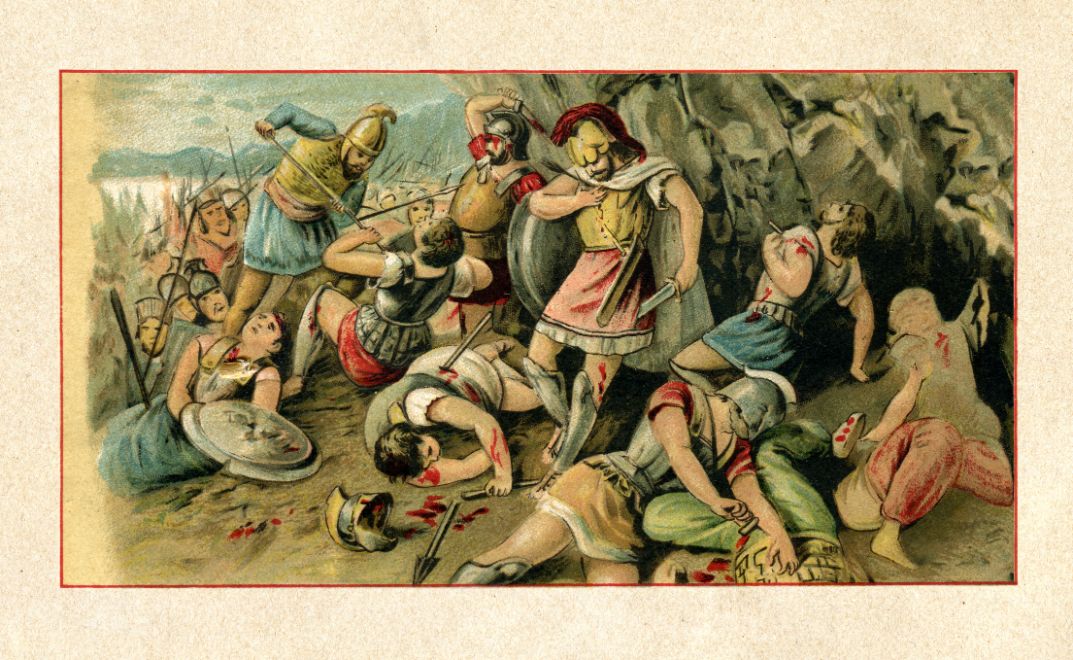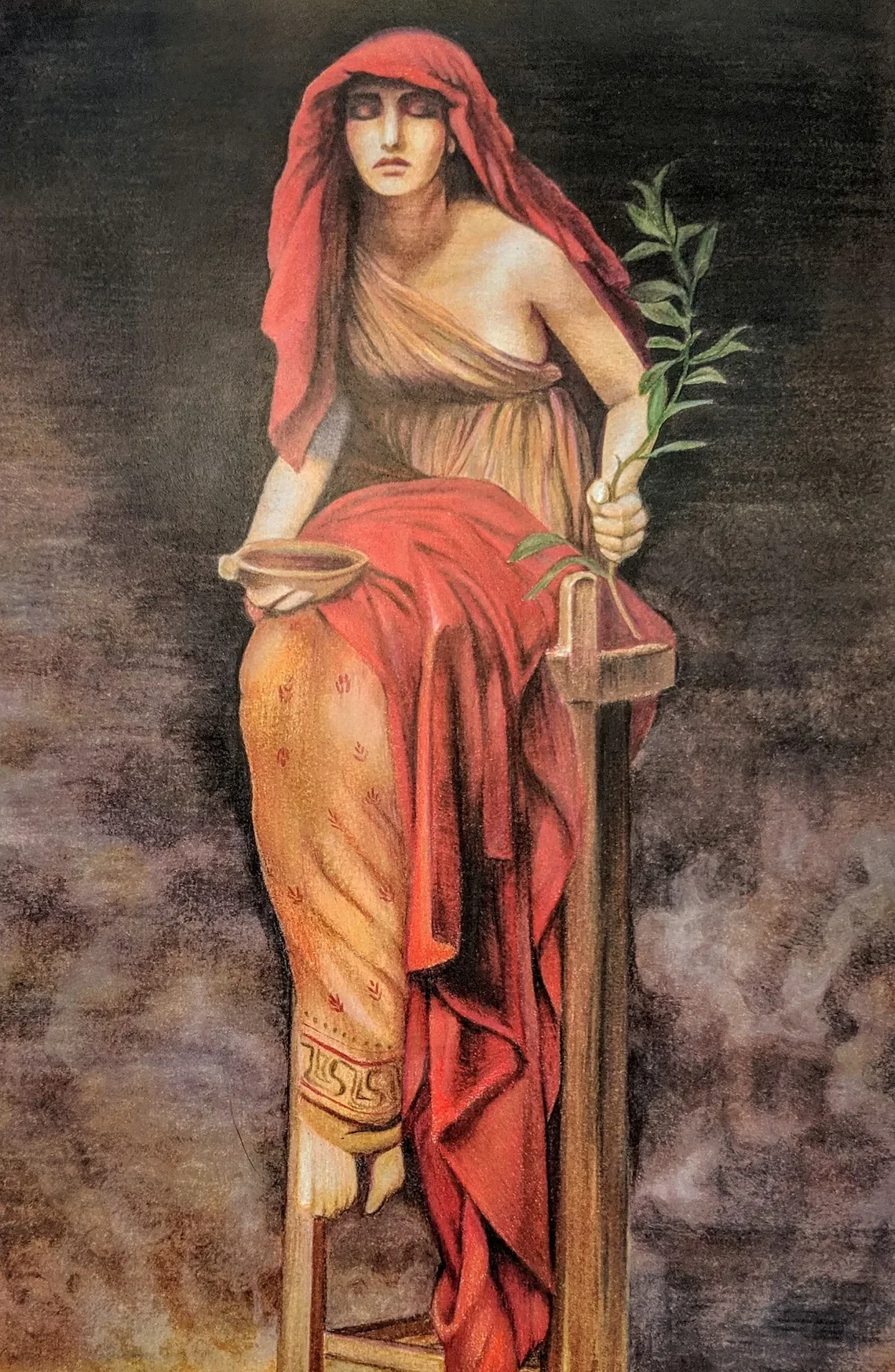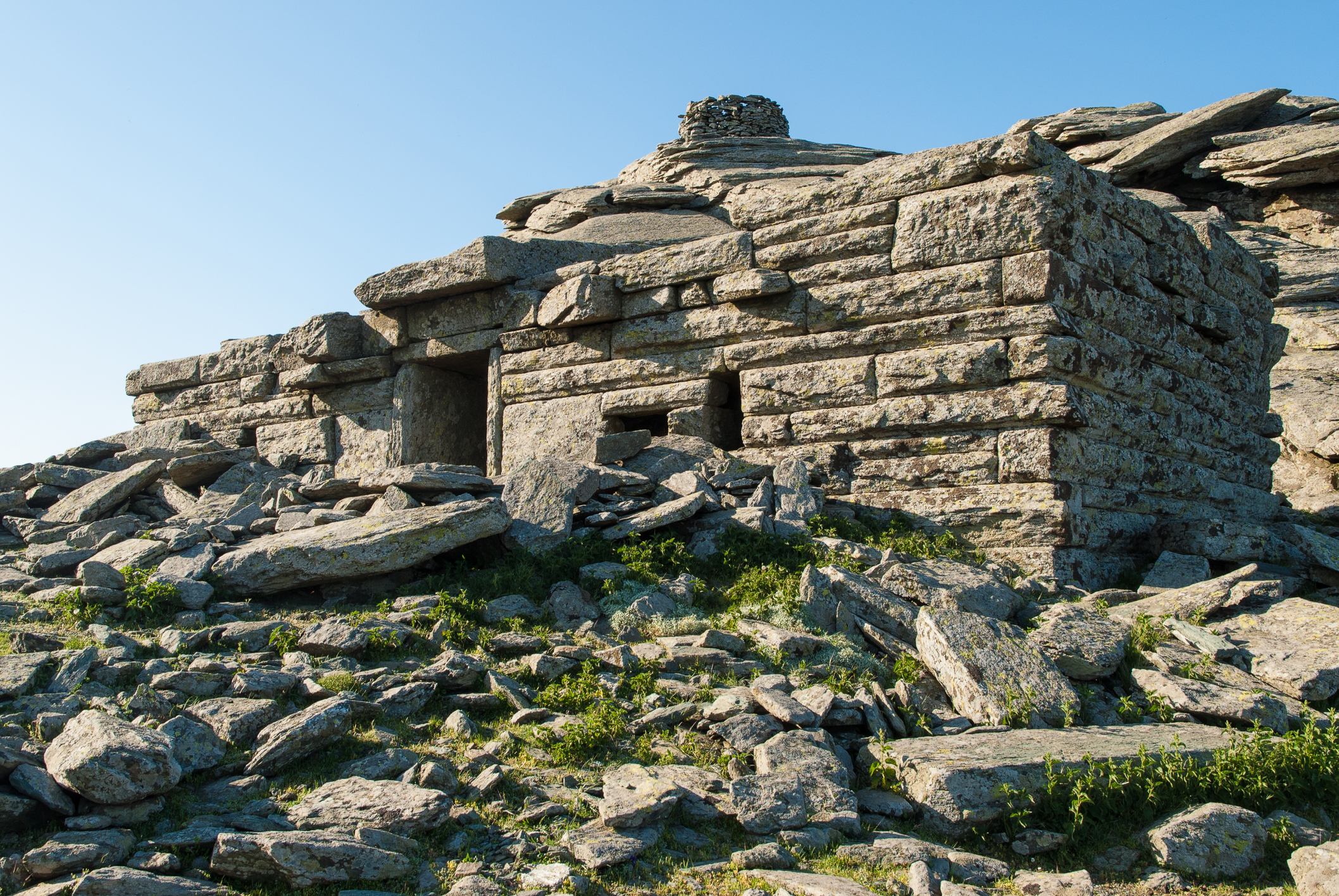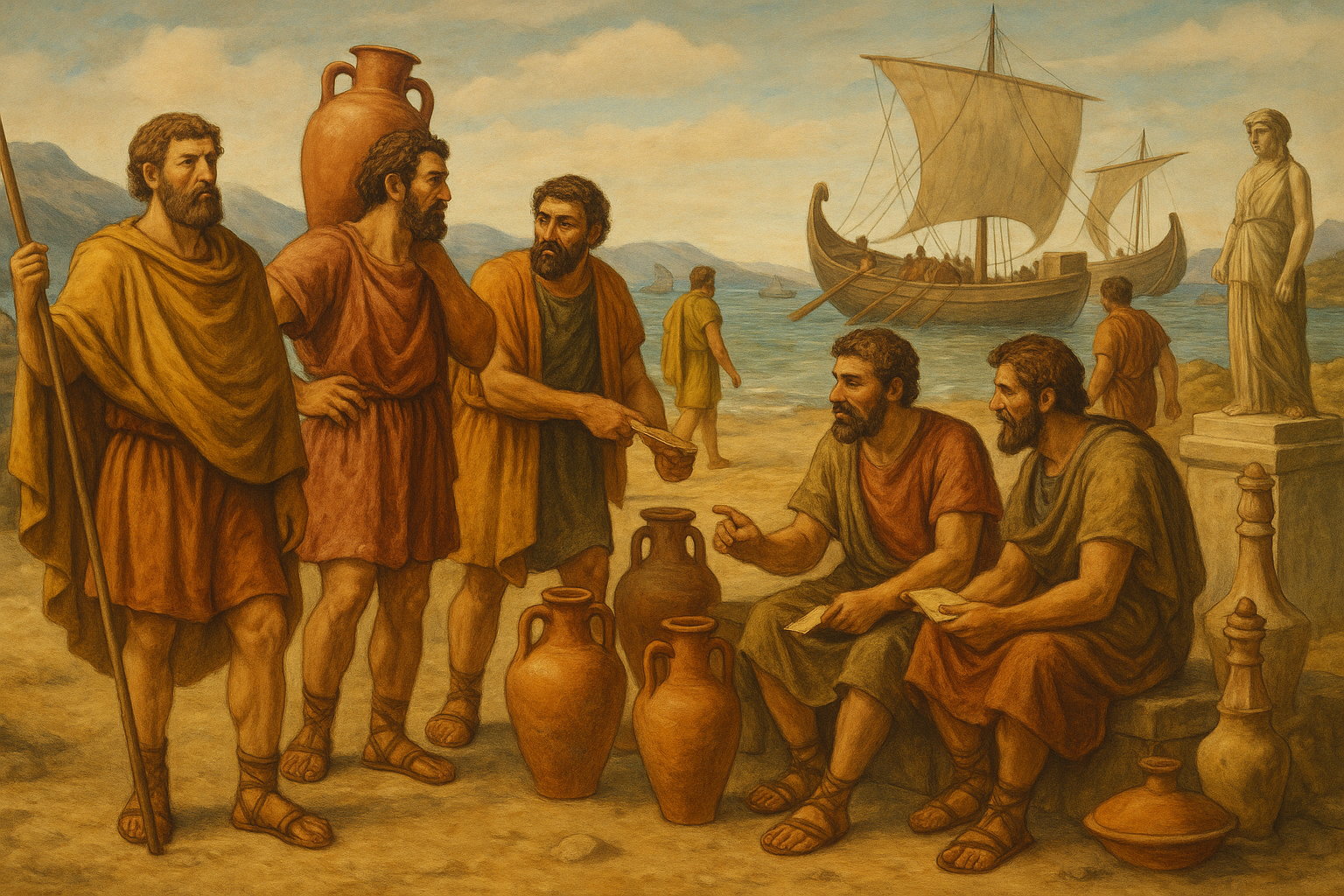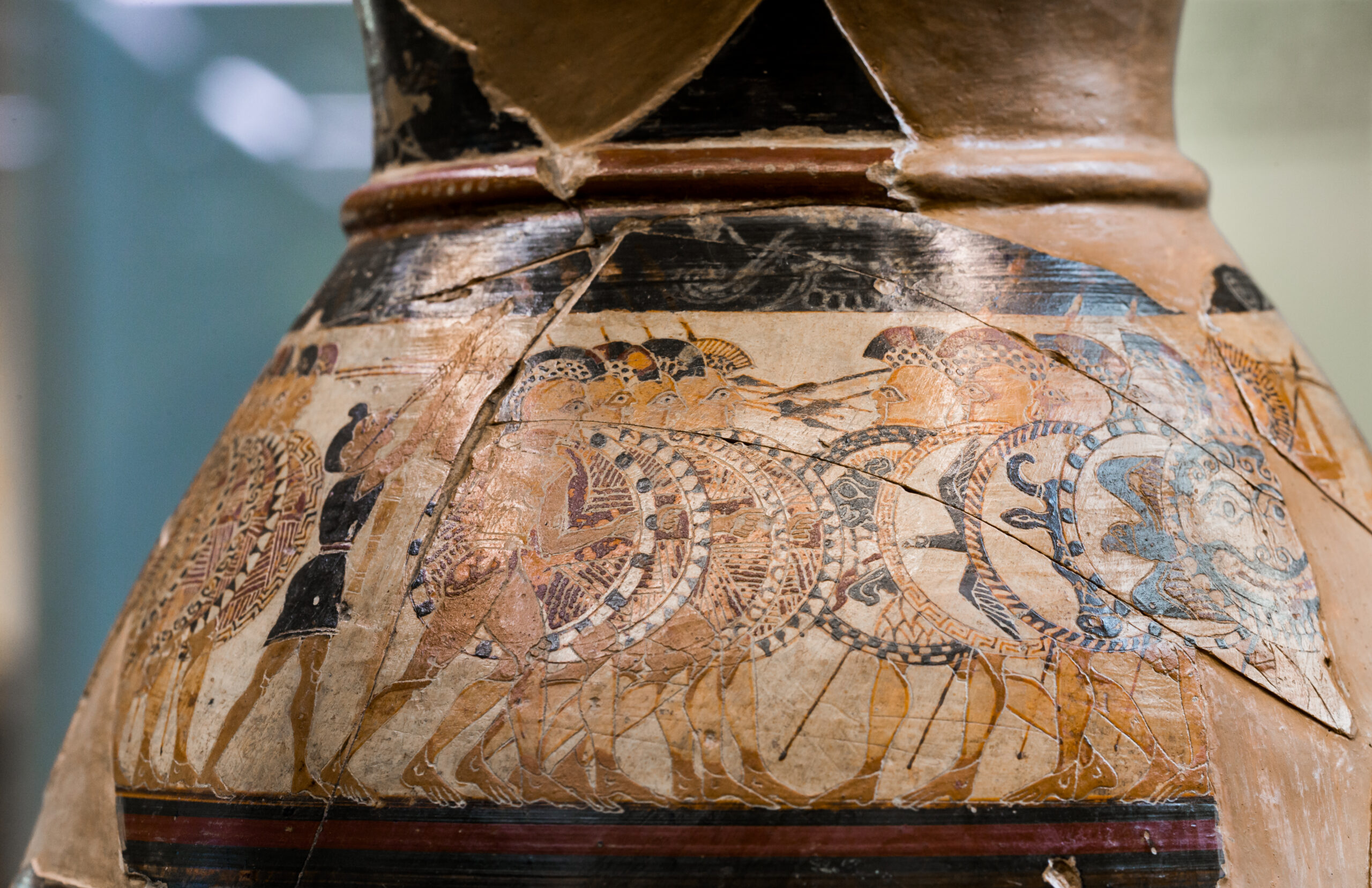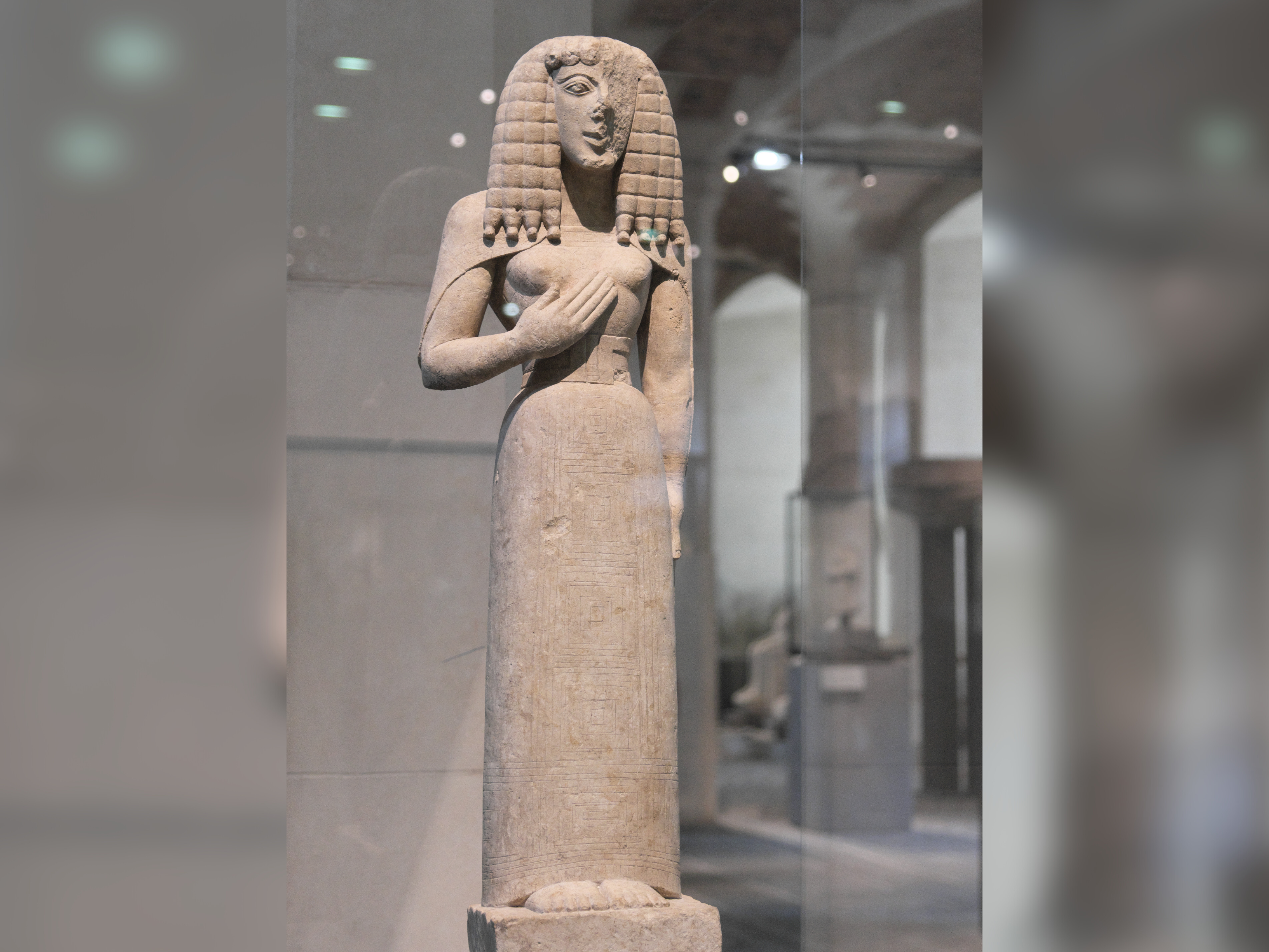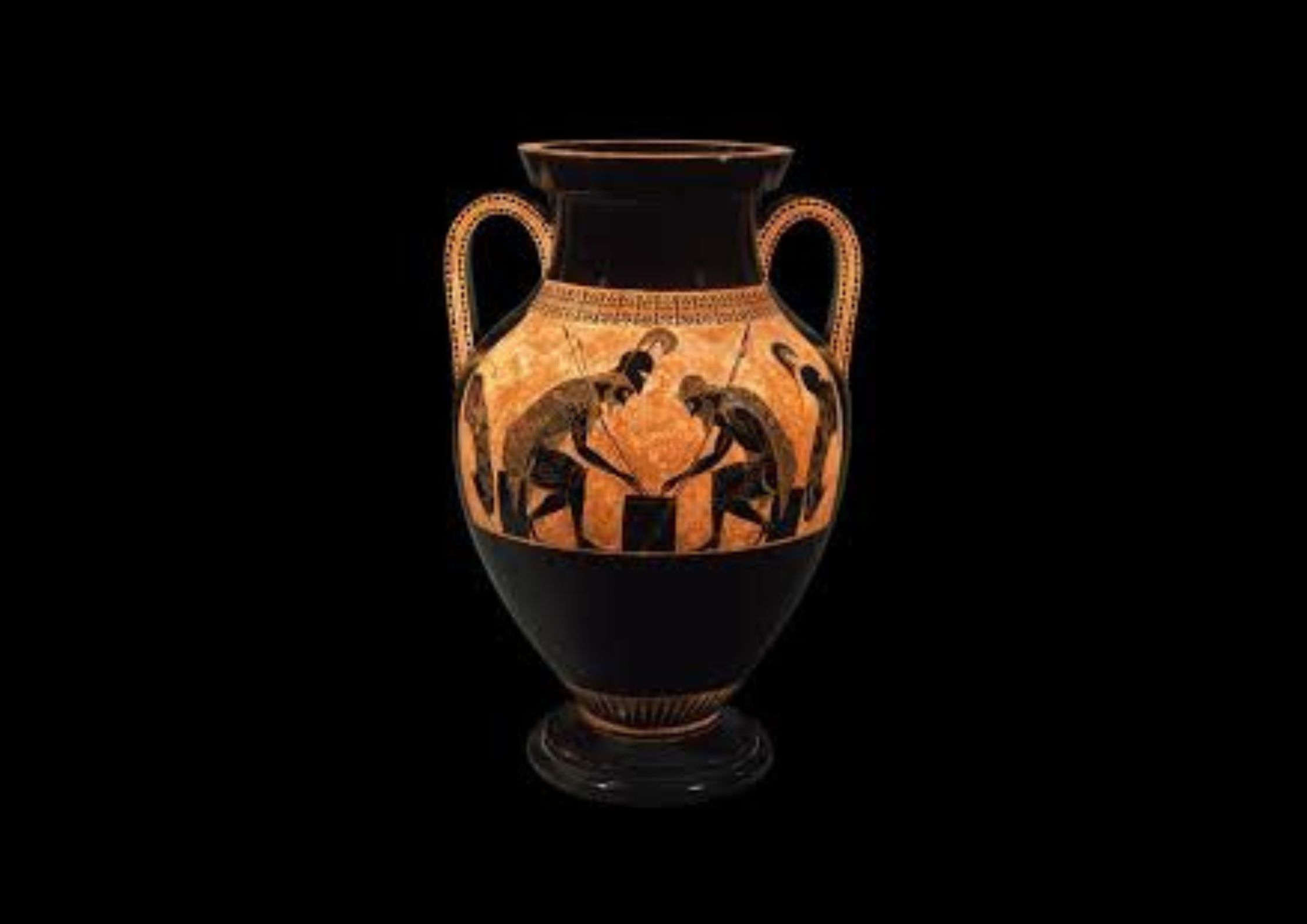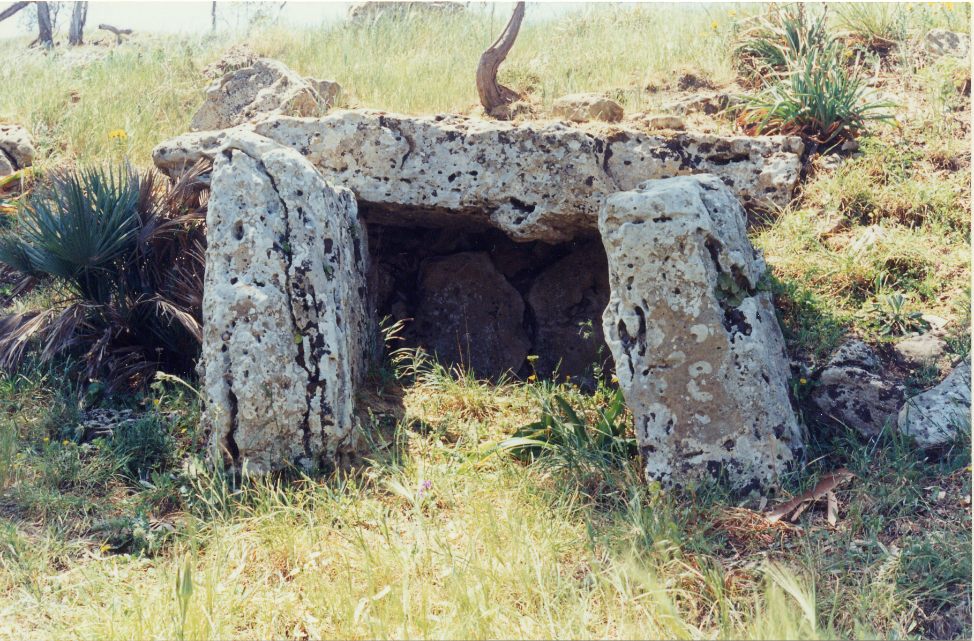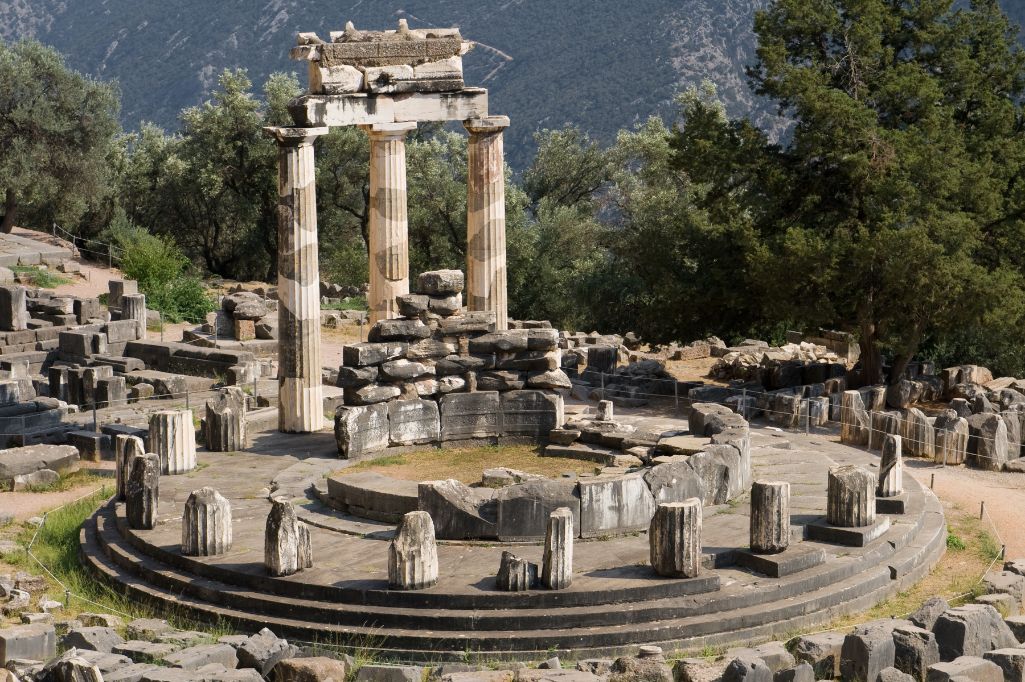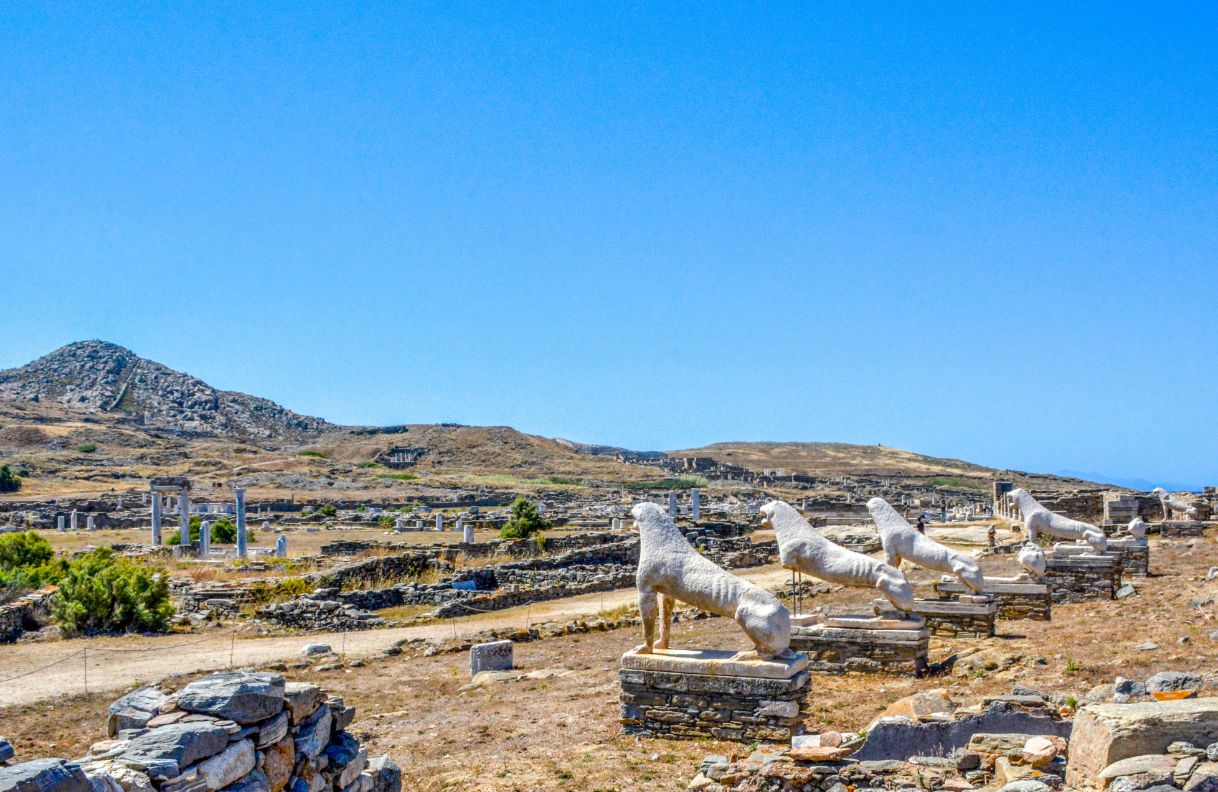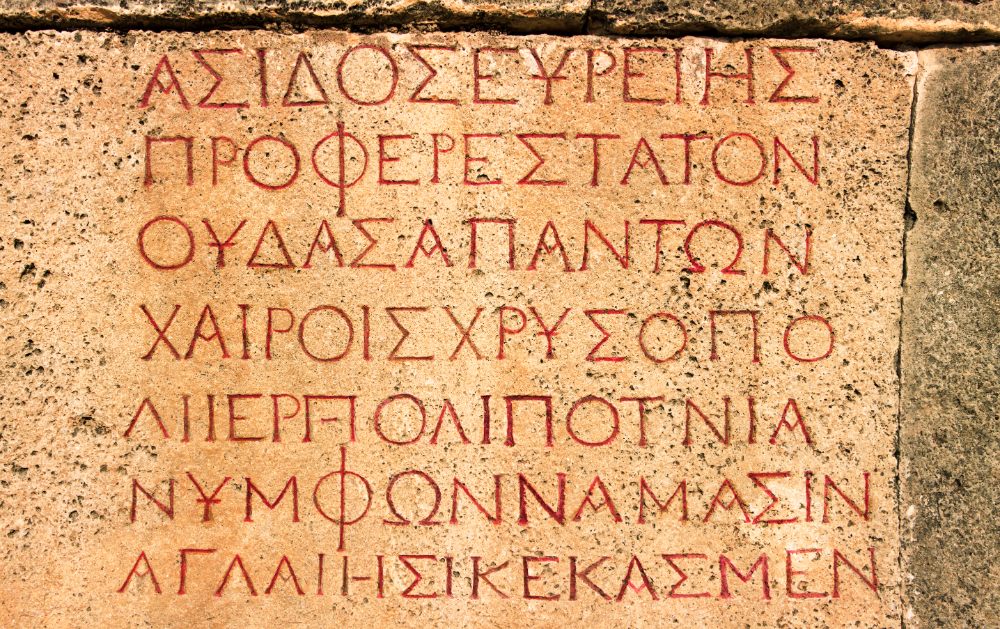The Battleground of Ancient Heroes
Thermopylae, a historically significant location in central Greece, is best known for its pivotal role in the Battle of Thermopylae in 480 BC. Nestled near the northern coast of the Gulf of Malis, about 200 kilometers northwest of Athens, this narrow coastal pass has become synonymous with heroism and sacrifice.
The Battle of Thermopylae unfolded during the Greco-Persian Wars when King Leonidas I of Sparta led a courageous but small Greek force, primarily composed of Spartans and Thespians, against the formidable Persian army led by Xerxes I. The strategic location of Thermopylae, flanked by mountains on one side and the sea on the other, made it a crucial gateway for the Persian invasion into southern Greece.
Despite being heavily outnumbered, the Greek defenders held their ground for three days, displaying exceptional bravery. Their valiant stand allowed other Greek city-states time to prepare for a collective defense, culminating in the decisive naval victory at the Battle of Salamis later that year.
Today, Thermopylae serves as a site of historical interest, marked by a modern monument honoring the fallen warriors and a visitor center that provides insights into the battle’s significance. The legacy of Thermopylae endures in Greek culture and has been immortalized in literature and art, notably through the works of the ancient historian Herodotus.Thisimportant narrow pass shaped the course of Western civilization.

